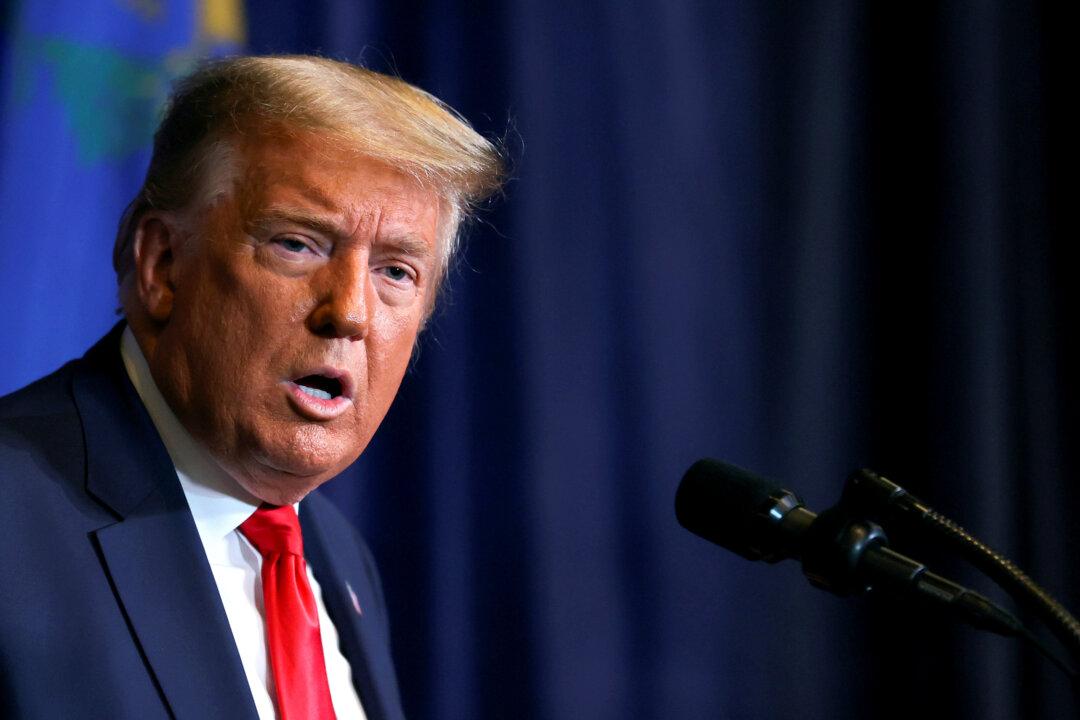Constitutional law professor Jonathan Turley argued that the idea that former President Donald Trump not testifying in front of the House can be used against him in his trial “contradicts not just our constitutional principles but centuries of legal writing.”
“Presidents have historically not testified at impeachment trials. One reason is that, until now, only sitting presidents have been impeached and presidents balked at the prospect of being examined as head of the executive branch by the legislative branch,” he wrote for Fox News on Feb. 7.





